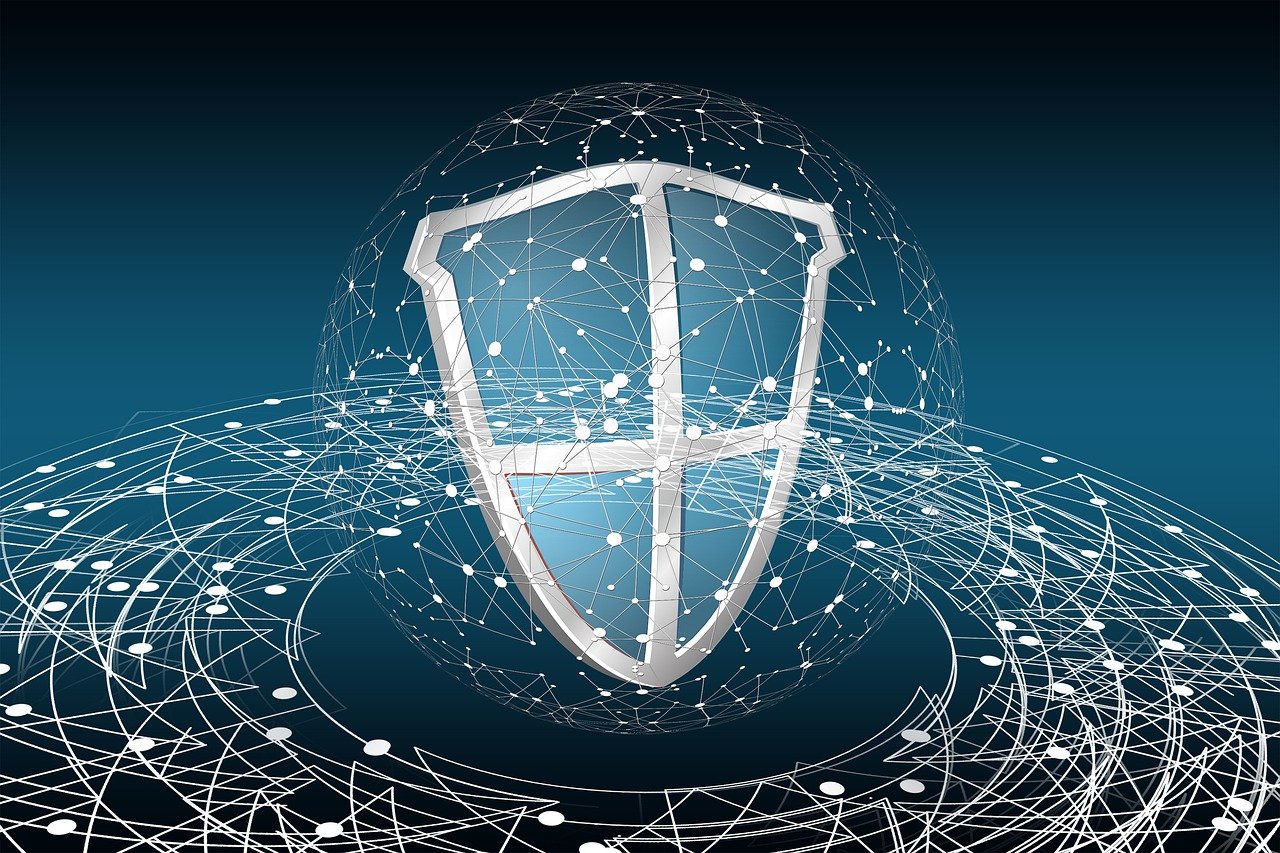Gambling has long been seen as a powerful engine for economic growth, but its impact extends far beyond the casino floors. One of the industries that benefit significantly from gambling is the restaurant and service sector. From the surge of tourists visiting casinos to the expansion of hospitality services surrounding gambling hubs, the effect is both widespread and transformative. In recent years, even platforms like the best Casinos not on Gamstop have contributed to this growth by attracting players who prefer more flexibility, leading to increased foot traffic in regions where these platforms operate.

Dining Experiences as a Key Attraction
Modern casinos offer far more than just gambling; many have transformed into full-fledged entertainment complexes. A large part of this transformation involves dining. High-end restaurants, celebrity chefs, and diverse dining experiences have become essential attractions within casinos. Visitors often come to casinos not just to gamble but to enjoy gourmet meals, casual dining, and a range of international cuisines. This integration of gambling with food services helps both industries thrive together. In fact, many restaurant owners report that their establishments see more business when located near a casino or within a resort featuring gaming options.
For casinos, having top-tier restaurants on-site adds to the allure of the venue. High rollers, tourists, and even locals looking for a night out are enticed by the complete experience—where a great meal can be part of an evening that includes gaming, entertainment, and relaxation. This synergy boosts revenue not just for casinos but also for the restaurants and service providers that partner with them.
Tourism and Its Ripple Effect on the Service Industry
The tourism generated by gambling is a significant contributor to the growth of the restaurant and service industry. Casino resorts often attract tourists from all over the world, especially in destination cities like Las Vegas, Macau, or Monaco. These tourists spend money not only on gambling but also on food, beverages, accommodation, and entertainment. The result is an ecosystem where restaurants, cafes, bars, and other service businesses flourish, driven by the steady stream of visitors.
In addition to dining, casinos rely on a wide range of services to keep their operations running smoothly, from housekeeping to transportation, all of which fuel local job markets. Service providers, including cleaning staff, drivers, and entertainment crews, often see a rise in demand due to the constant influx of tourists looking for a complete experience. As the gambling industry grows, so too does the demand for these supporting services, creating a mutually beneficial relationship that strengthens both industries.
Job Creation and Economic Stability
Another critical aspect of how gambling supports the restaurant and service industry is through job creation. As casino resorts grow, so does the need for staffing in every sector, from chefs and wait staff to managers and concierge services. The hospitality sector is particularly reliant on these jobs, which often offer stable employment opportunities in regions that might otherwise struggle with high unemployment rates. Moreover, these positions provide on-the-job training and career growth opportunities, making them attractive to locals and residents in surrounding areas.
In regions where the restaurant and service industries are closely tied to gambling, the economic stability provided by these jobs is invaluable. Restaurants, bars, and cafes located near casinos often thrive, knowing they can rely on a constant stream of customers year-round. Even during off-peak seasons, casinos and gambling hubs ensure that there is always business coming through the doors.
A Long-Term Partnership
The relationship between the gambling industry and the restaurant/service sector is one of long-term symbiosis. Casinos rely on exceptional service to keep their guests satisfied, while restaurants and service providers benefit from the consistent demand generated by casino visitors. This dynamic creates a sustainable model for growth that positively impacts local economies and enhances the overall appeal of gambling hubs.
In conclusion, gambling has a powerful role in driving the success of the restaurant and service industries. By attracting tourists, creating jobs, and fostering a vibrant business ecosystem, casinos serve as catalysts for growth in these vital sectors. With continued innovation and collaboration, this partnership will continue to benefit both industries for years to come.










